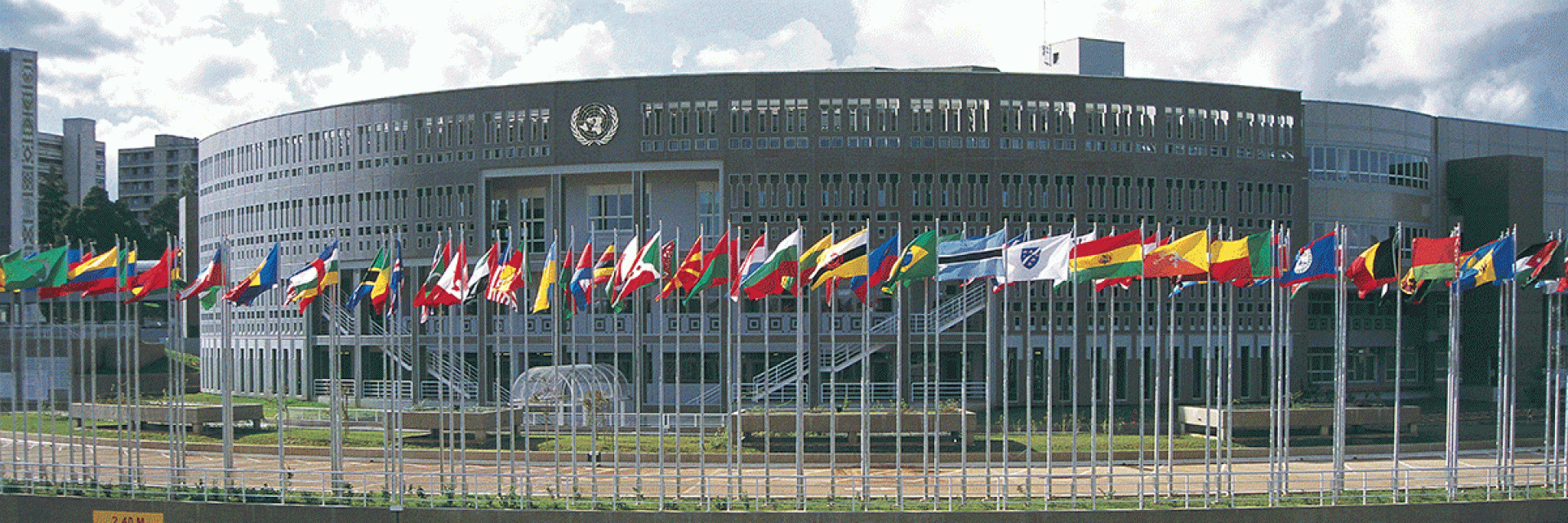Nairobi, Kenya, 3 June 2019 (ECA) – Climate research is critically important in helping governments and institutions make key development decisions, especially on the African continent which continues to bear the brunt of climate change more than any other in the world.
This was said Monday by Mithika Mwenda, who leads the continental civil society coalition on climate change, the Pan African Climate Justice Alliance (PACJA) at an event to launch the US$3.5 million WISER-funded Climate Research for Development (CR4D) research programme for Africa.
The Weather and Climate Information Services for Africa (WISER) research grant will help improve the capacities and competencies of young African researchers and contributes to the development of more science-based reliable and useful climate information in Africa.
“Today marks a critical moment for CR4D since it was established. The contribution of the research community to the discourse on climate change world over has remained the greatest pillar in shaping decisions in negotiations,” said Mr. Mwenda, who’s also the Institutional Collaboration Platform (ICP) Chair.
“This is a milestone not only for young African climate scientists in Africa, but also to the wider African community as it will contribute immensely in the production of evidence-based climate information needed for building the resilience of our people, economy and ecosystem.”
He continued: “The role of research is critically important in decision-making and development. The UNFCCC process could not have made such significant strides were it not for the highly acclaimed research studies and scientific advice provided by IPCC.”
There is, however, need to mainstream participatory action in climate research to enhance multi-layered discourse, promote participatory problem identification, planning, implementation and monitoring at all levels, the products of which will build up into climate change related innovations and generalizable lessons for the global audience, said Mr. Mwenda.
“Much as we may not need a scientist to tell us, as communities, that seasons are shifting, that rains have become unpredictable, that we will no longer plant and harvest in time, that diseases that never appeared in some locations are now a common phenomenon, and that these are the stark indicators of the changing climate, we need to make a compelling case for what we observe, and put it in a scientific format,” he said.
“That is why we are celebrating the launch of CR4D today, particularly in Africa, where concerns have been raised on the disproportionate number of researchers contributing to IPCC and other processes”.
“Science-based reliable climate data and information and are crucial to understand climate phenomenon, develop appropriate early warning system, and make the necessary decisions noted,” Mr. Frank Rutabingwa, the Pan-Africa WISER project coordinator.
He said the research grant makes the design of CR4D a unique innovation in Africa, where, practically, a collaborative effort bringing together top scientists, researchers, academic institutions, policy makers, NGOs and communities will close the gap that has existed for Africa-driven, Africa-owned research.
Speaking on behalf of the CR4D Secretariat, Mr. Yosef Amha noted that the Secretariat would strive to foster better collaboration among scientists in universities, research institutes and other organizations in the continent in order to improve mainstreaming of climate services in decision-making process.
“I would like to acknowledge all CR4D partners for their unlimited supports and we look forward to the research outcome that would enrich the capacity of young African scientists to engage with the society in the context of climate change,” he said.
The CR4D in Africa initiative was launched to strengthen links between climate science research and climate information needs in support development planning in Africa. CR4D is an African-led initiative supported by partnership between African Climate Policy Centre (ACPC) of the Economic Commission for Africa (ECA), the African Ministerial Conference on Meteorology (AMCOMET), the World Meteorological Organization (WMO), and the Global Framework for Climate Services (GFCS), where Secretariat is ACPC.
Implemented by the ACPC, the AAS and WISER programme to strengthen links between climate science research and climate information.
The 21 grantees, over half of whom are women, were selected from a competitive pool of nearly 200 applicants. The grantees are from a range of climate sensitive sectors, such as forestry, health and food security, economics to better prepare Africa’s people to deal with the impacts of climate change. The projects distributed across four African regions in the west, east, central and south, will each receive up to $100,000 for a period of 18 months.
Issued by:
Communications Section
Economic Commission for Africa
PO Box 3001
Addis Ababa
Ethiopia
Tel: +251 11 551 5826
E-mail: eca-info@un.org

